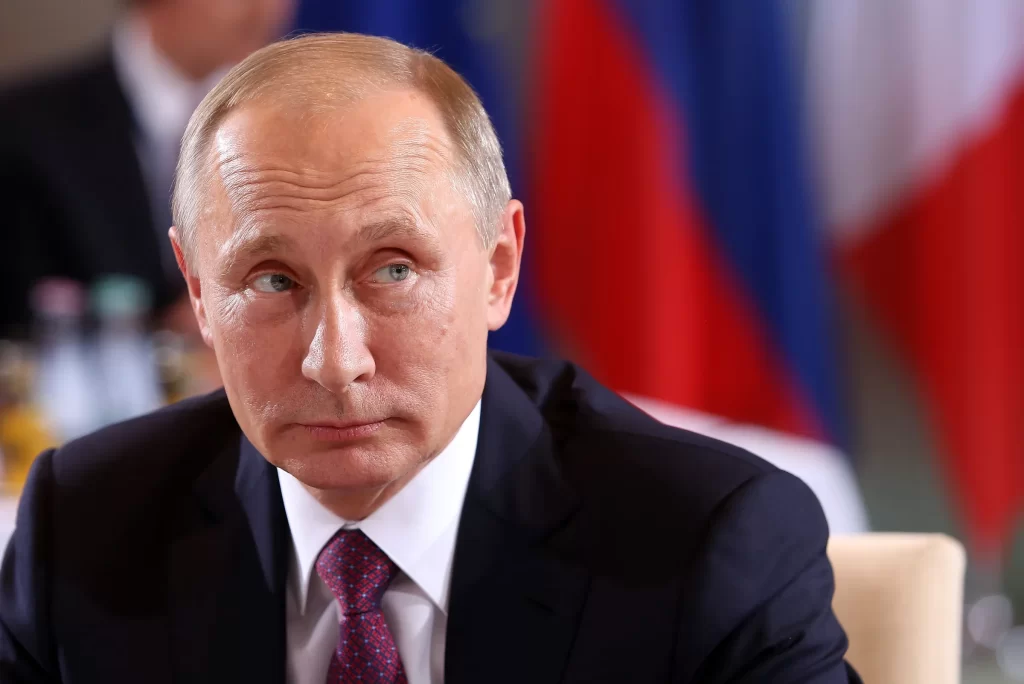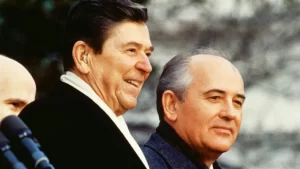Moscow’s Shifting Views on U.S. Elections: A Cautious Outlook for Trump 2024
3 min read

In November 2016, Russia was poised to celebrate Donald Trump’s unexpected victory in the U.S. presidential election. Prominent figures, like ultranationalist politician Vladimir Zhirinovsky, went so far as to purchase 132 bottles of champagne to toast what they believed would be a transformative moment in U.S.-Russia relations. The excitement echoed across the country, with Margarita Simonyan, the editor-in-chief of state channel RT, tweeting her plans to drive around Moscow displaying an American flag.
Expectations ran high that Trump would lift sanctions against Russia and perhaps even acknowledge the annexation of Crimea. “The value of Trump was that he never preached on human rights in Russia,” noted Konstantin Remchukov, editor-in-chief of Nezavisimaya Gazeta. However, these hopes quickly fizzled as Trump imposed some of the most stringent sanctions on Russia during his presidency, leaving many disillusioned.
Fast forward to the present day, and Russian officials appear much more cautious about a potential second Trump term. Interestingly, President Vladimir Putin recently made a tongue-in-cheek “endorsement” of the Democratic Party candidate, citing Kamala Harris’s “infectious” laugh, although it was widely viewed as Kremlin trolling.
Trump’s campaign rhetoric has garnered attention in Moscow, particularly his criticisms of U.S. military support for Ukraine and his reluctance to directly blame Putin for the invasion. In stark contrast, Harris has framed U.S. support for Ukraine as a strategic necessity, openly labeling Putin a “murderous dictator.”
Russian state media hasn’t been entirely complimentary toward Harris either; one prominent news anchor suggested she would be better suited for a cooking show than a political role. The Kremlin might prefer a tightly contested election in the U.S. that leads to chaos and confusion, potentially diverting American attention from foreign affairs, including the ongoing war in Ukraine.

The relationship between the U.S. and Russia has deteriorated significantly over the years, especially under the Biden administration, which responded to Putin’s actions with extensive sanctions and military aid to Ukraine. This aid has included advanced weaponry such as Abrams tanks and HIMARS rocket systems, crucial for Kyiv’s defense against Russian aggression.
It’s hard to imagine a time when U.S.-Russia relations were characterized by cooperation, such as during the late 1980s when Ronald Reagan and Mikhail Gorbachev worked together to reduce nuclear arsenals. Today, the relationship resembles a far cry from the days of “duck diplomacy,” symbolized by a whimsical monument unveiled in Moscow in 1991, celebrating friendship between American and Soviet children.
As I explore public sentiment in Moscow, I visit the beloved monument of a mother duck and her ducklings, a symbol of that bygone era of goodwill. Here, opinions about America vary widely. One angler, Igor, expresses frustration, saying, “I want America to disappear. It has started so many wars. The U.S. was our enemy in Soviet times, and it still is, regardless of who’s president.”
However, not everyone shares this view. Many locals express a desire for peace and friendship between the two nations. Svetlana reflects, “I’m all for peace, but my friend in America is scared to call me now. Maybe there’s no free speech there, or perhaps it’s here in Russia that there’s no freedom of speech. I don’t know.” Nikita adds, “Our countries should be friends without wars. I prefer Trump; when he was president, there weren’t any big wars.”
As we discuss the political landscape, one question emerges: could a female leader ever take the reins in Russia? Marina believes it would be great to see a woman president, stating, “I’d be happy to vote for a woman president here. It might not be better or worse, but it would certainly be different.”
In this complex web of perceptions and expectations, Moscow’s stance toward the U.S. election reveals a blend of cautious optimism and underlying skepticism. While the exuberance of 2016 has faded, the hope for a shift in U.S. foreign policy continues to linger among some Russians, even as they navigate the turbulent waters of their own political reality.